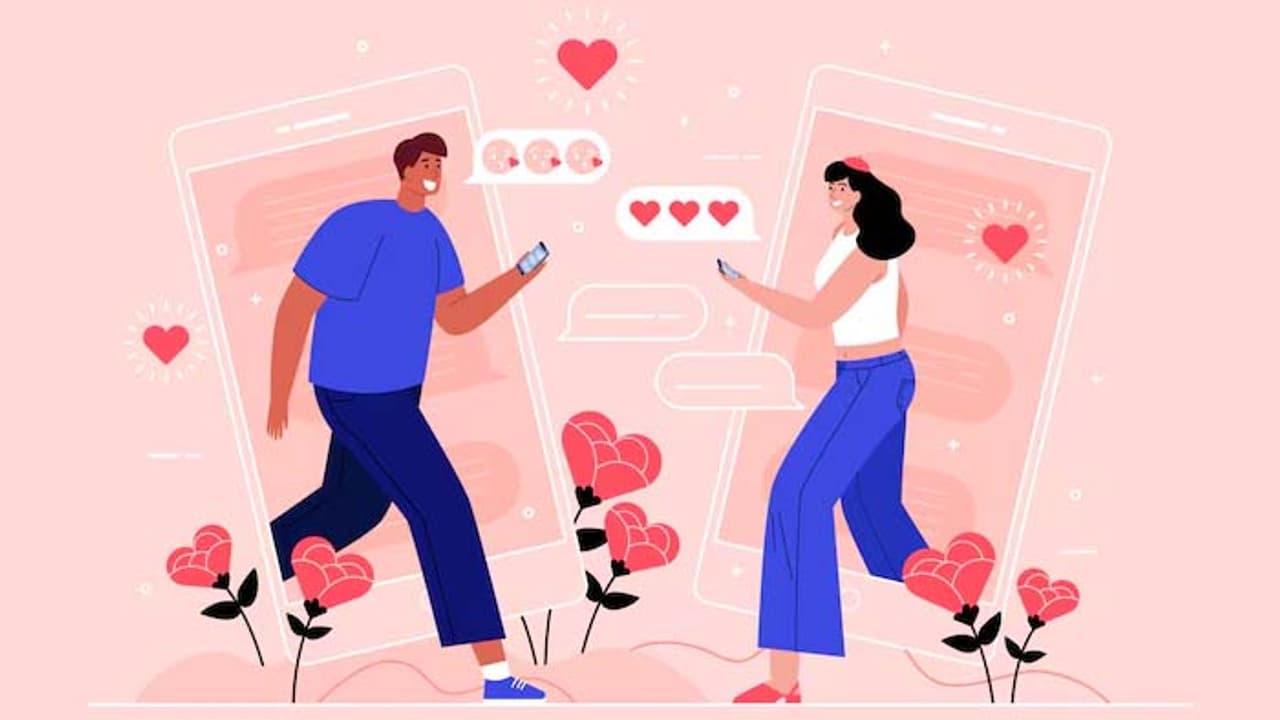AI is transforming modern dating, both as possibility and impediment. Technology has the potential to make others compatible, communicative, and available, but it also stirs up anxieties about superficiality, depth of feeling, and intimacy.
Technology has transformed the way individuals get to know each other, how they interact and form relationships, and artificial intelligence (AI) is now a force in modern dating. While AI-based matching is easy, it poses issues of authenticity, emotional involvement, and long-term relationship sustainability. Following are five most crucial dating trends during the AI era and how these may influence relationships.

1. AI-Powered Matchmaking & Compatibility Analysis
Dating apps are departing from pure swiping—nowadays, AI balances personality traits, linguistic behavior, and emotional intelligence to suggest extremely compatible matches. AI matching can:
Save time on less-compatible matches.
Increase relationship success rates by pairing individuals at a higher level of compatibility.
Offer personal dating advice from behavioral analysis.
But over-reliance on AI might limit random connections and the thrill of bumping into someone in real life.
2. Virtual Dating & AI Companions
With AI companions and virtual reality (VR), others are seeking virtual relationships. Virtual companions based on AI can:
Provide emotional support and companionship.
Simulate romantic experiences through chatbots and VR experiences.
Help people practice role-playing communication skills before dating in real life.
While AI companions reduce loneliness, they also discourage real relationships, promoting emotional detachment for human relationships.
3. AI-Facilitated Communication & Relationship Counseling
Today, AI technologies help couples with conflict resolution, better communication, and emotional intimacy. They are:
AI-based relationship therapy based on behavioral patterns.
Algorithmic word responses to maintain interest flow in conversation.
AI-based therapy robots for emotional support.
AI guidance alone is capable of making relationship patterns stronger, but excessive reliance on computer feedback may render expressing one's real emotions weak.
4. Online Privacy & AI Monitoring in Relationships
AI-driven monitoring tools allow partners to track each other’s online activity, raising concerns about privacy and trust. Common AI surveillance trends include:
AI-powered social media tracking to analyze interactions.
Smart devices that monitor partner behavior.
AI-driven infidelity detection algorithms.
While some see this as a way to build transparency, it can also erode trust and create unnecessary suspicion in relationships.
5. AI’s Role in Long-Distance Relationships
AI is bridging the gap for long-distance couples through:
VR virtual dates that simulate real-life interactions.
Love letters and personalized messages composed by AI.
Virtual assistants that place calls and reminders for important conversations.
While AI may unite individuals across distances, physical touch and emotional intimacy are the essence of a successful relationship.
AI is transforming modern dating, both as possibility and impediment. Technology has the potential to make others compatible, communicative, and available, but it also stirs up anxieties about superficiality, depth of feeling, and intimacy. The key to successful relationships in the age of AI is a balance between technology and genuine humanity.


